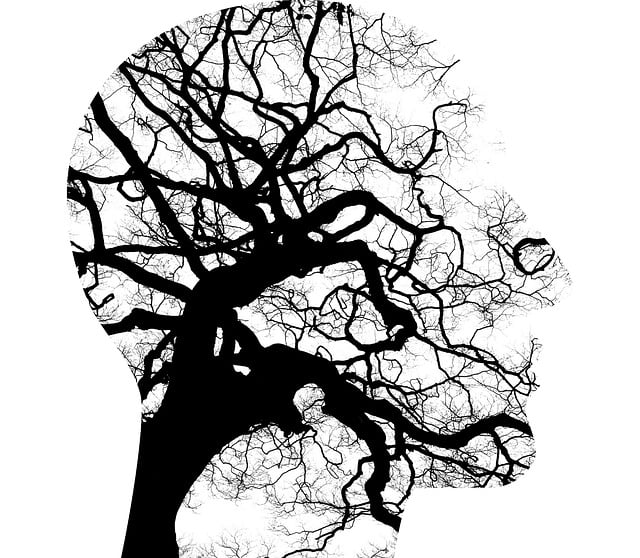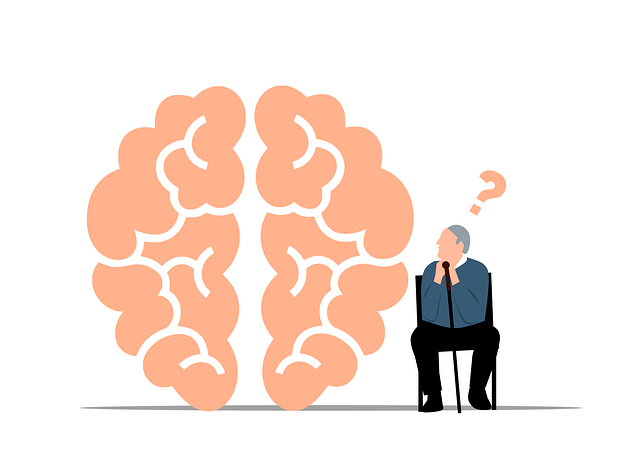Arvada, with its diverse population facing unique mental health challenges, prioritizes well-structured mental health education. Integrating Arvada Relationship Issues Therapy and Mental Health Policy Analysis fosters emotional intelligence, peer support, and resilience. A comprehensive program covers stress management, mindfulness, and social skills training, empowering residents to navigate relationships healthily and prevent future issues, ultimately strengthening the community's overall well-being.
In Arvada, understanding local relationship issues and community mental health needs is crucial for designing effective education programs. This article explores how comprehensive mental health education can be structured to address these unique challenges. We delve into essential components, from relationship therapy techniques to community engagement strategies, that contribute to sustainable positive impacts. By implementing evidence-based practices, Arvada can foster healthier relationships and improve overall well-being through targeted mental health education initiatives.
- Understanding Arvada Relationship Issues and Community Needs
- Program Structure: Effective Components for Mental Health Education
- Implementation Strategies for Sustaining Long-term Positive Impact
Understanding Arvada Relationship Issues and Community Needs

In the vibrant community of Arvada, understanding the unique relationship issues and community needs is paramount when designing a mental health education program. The city’s diverse population presents a range of challenges and opportunities that must be addressed holistically. Many residents face pressures related to work, family dynamics, and social interactions, leading to a variety of emotional struggles and mental health concerns.
Arvada Relationship Issues Therapy plays a crucial role in enhancing the well-being of the community by offering insights into effective conflict resolution techniques and promoting emotional intelligence. By integrating Mental Health Awareness into daily discussions and educational programs, the initiative ensures that individuals are equipped with the knowledge and skills needed to navigate interpersonal relationships more healthily. This approach fosters a supportive environment where residents can openly discuss their struggles and learn from one another, ultimately strengthening the community’s resilience.
Program Structure: Effective Components for Mental Health Education

A well-structured mental health education program is essential to promoting well-being and fostering a supportive environment. At Arvada Relationship Issues Therapy, we’ve identified key components that contribute to effective programs. Firstly, an engaging curriculum designed to educate participants about various mental health topics is crucial. This includes interactive sessions covering stress management techniques, resilience building, and understanding common anxiety relief strategies. By providing practical knowledge, individuals can better navigate their mental health journeys.
Additionally, group discussions and peer support play a significant role. Encouraging open conversations allows participants to share experiences, offer mutual support, and learn from one another’s resilience in overcoming challenges. Moreover, integrating activities that promote mindfulness and burnout prevention techniques can enhance the program’s impact. These practices enable individuals to develop healthy coping mechanisms and improve their overall mental health literacy.
Implementation Strategies for Sustaining Long-term Positive Impact

Implementing a mental health education program that yields long-term positive impacts requires a multi-faceted approach. Firstly, Arvada Relationship Issues Therapy should be integrated into the curriculum as a foundational component, addressing core emotional and interpersonal skills. This involves equipping individuals with tools to navigate relationships, manage stress, and promote self-care – essential elements for fostering resilience and emotional well-being.
Complementing therapy sessions, Mental Health Policy Analysis and Advocacy plays a crucial role in shaping societal attitudes and access to care. By educating participants about mental health policies and advocating for better support systems, the program can ensure sustained progress beyond its duration. Additionally, Emotional Well-being Promotion Techniques and Social Skills Training should be woven throughout the program, providing practical strategies for maintaining mental wellness and enhancing social interactions, both key factors in preventing future relationship issues.
Mental health education programs, such as those focusing on Arvada Relationship Issues Therapy, must be thoughtfully designed and implemented to achieve lasting positive impacts. By understanding community needs, structuring programs with effective components, and employing sustainable implementation strategies, we can foster healthier individuals and communities. These efforts are essential steps towards enhancing mental well-being and creating a more supportive environment for all.












